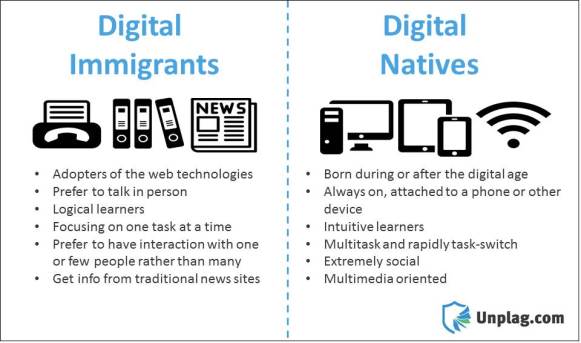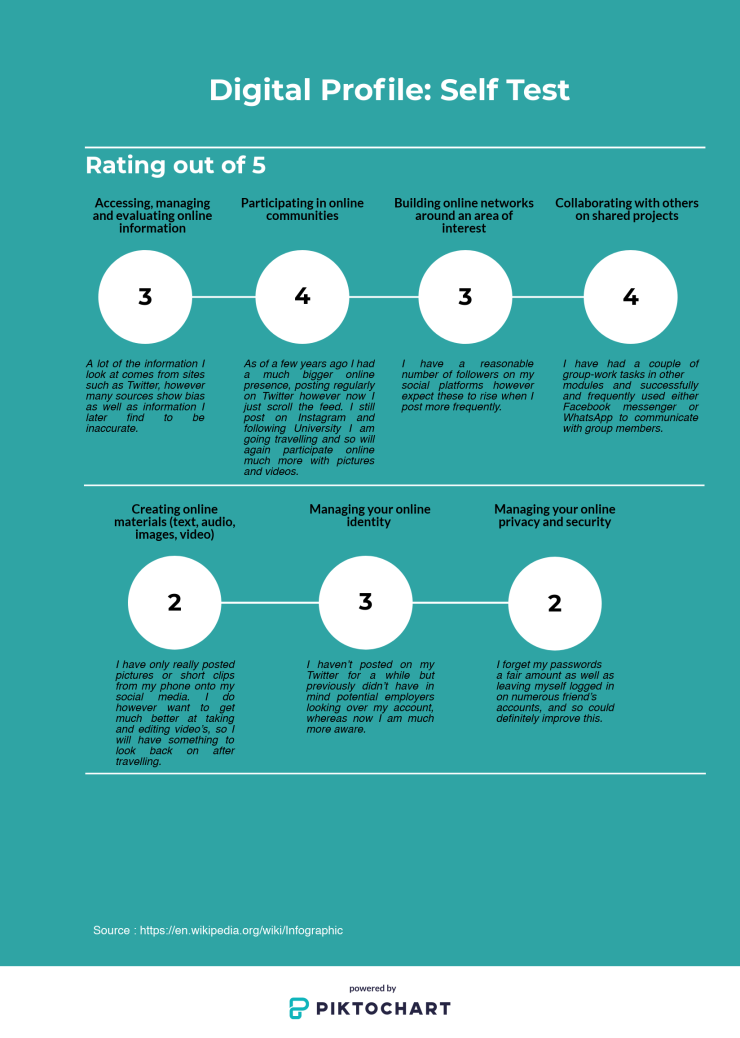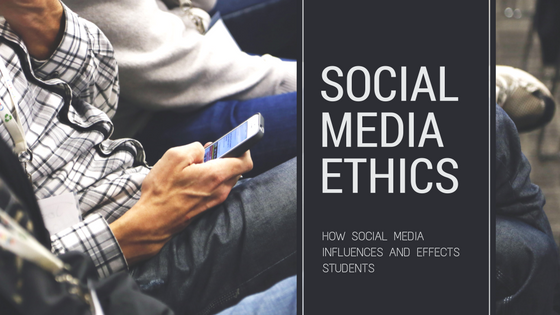
Intro Topic: Digital Visitors and Digital Residents
Digital visitors and Digital residents is a further development of Prenksy’s original theory of digital natives and digital immigrants.
Prensky set to make a distinction between people who are completely at ease with technology and the digital world and those who actively work and know how to use the internet but will never be fully competent. This became an extremely influential theory, which until recently gained widespread acceptance.
Continue reading →













